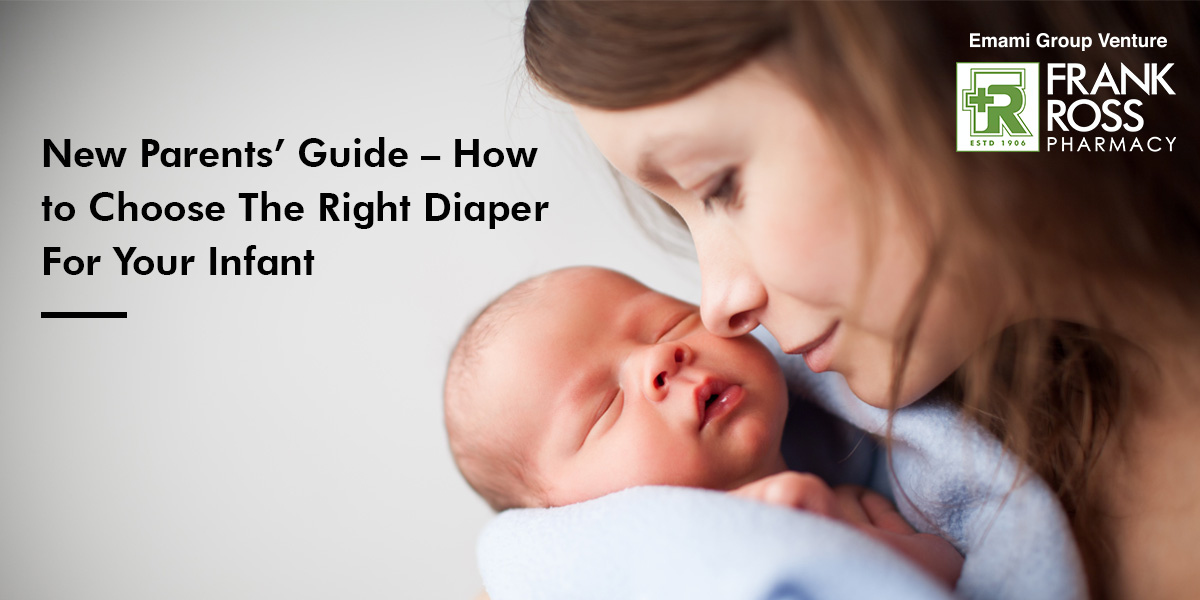Breastfeeding is more than just a feeding practice; it’s a natural and powerful way to provide your baby with the best possible start in life. Beyond its nutritional value, breastfeeding offers a wide range of benefits for both the baby and the mother, creating a foundation for lifelong health and a deep emotional connection.
1. Nutritional Excellence for Babies
Breast milk is often referred to as nature’s superfood. It contains the perfect blend of nutrients, vitamins, and antibodies essential for a baby’s growth and development. Unlike formula, breast milk adapts to meet the changing needs of the baby, providing exactly what they need at every stage of infancy.
Key Nutritional Benefits:
Immunity Boost: Breast milk is rich in antibodies that help protect babies from infections, illnesses, and allergies.
Optimal Growth: It contains the ideal balance of fats, proteins, and carbohydrates, ensuring healthy physical and brain development.
Digestive Health: Breast milk is easier for babies to digest, reducing the risk of constipation and colic.
2. Health Benefits for Mothers
Breastfeeding is as beneficial for mothers as it is for babies. It promotes physical recovery and offers long-term health advantages.
Key Benefits for Moms:
Faster Recovery: Breastfeeding helps the uterus contract and return to its pre-pregnancy size, reducing postpartum bleeding.
Calorie Burn: It burns extra calories, which can assist in post-pregnancy weight loss.
Lower Risk of Diseases: Studies show that breastfeeding reduces the risk of breast and ovarian cancers, type 2 diabetes, and osteoporosis.
3. Emotional Bonding and Mental Well-being
Breastfeeding fosters a unique emotional bond between mother and baby. The skin-to-skin contact during nursing releases oxytocin, often called the “love hormone,” which strengthens the bond and promotes a sense of security in babies.
Emotional Advantages:
Enhanced mother-baby connection
Reduced risk of postpartum depression for mothers
A calming effect on both the baby and the mother
4. Economic and Environmental Impact
Breastfeeding is not only good for health but also for the wallet and the planet.
Economic Benefits:
Cost Savings: It eliminates the need for expensive formula and feeding supplies.
Healthcare Savings: Breastfed babies are less likely to fall sick, reducing medical expenses.
Environmental Impact: No packaging waste or energy consumption is associated with formula production, making breastfeeding a sustainable choice.
5. Myths vs. Facts About Breastfeeding
Despite its benefits, many myths surround breastfeeding. Here are a few common misconceptions debunked:
Myth: Breastfeeding always comes naturally.
Fact: While it’s natural, it can take practice and support to get it right.
Myth: Formula is just as good as breast milk.
Fact: While formula provides essential nutrients, it cannot replicate breast milk’s antibodies and dynamic composition.
Myth: Breastfeeding ties you down.
Fact: With proper planning, breastfeeding can be flexible and convenient.
6. Tips for Successful Breastfeeding
To make breastfeeding a rewarding experience, consider the following tips:
Start breastfeeding within the first hour of birth.
Maintain a healthy diet and stay hydrated.
Seek support from lactation consultants if needed.
Breastfeed on demand, following your baby’s hunger cues.
Conclusion
The benefits of breastfeeding are undeniable. From providing unparalleled nutrition to fostering emotional bonds, breastfeeding is a gift that benefits both mother and child. By choosing to breastfeed, you’re not only investing in your baby’s health but also nurturing a connection that lasts a lifetime.
If you’re a new mom or an expecting parent, consider speaking to healthcare professionals about the benefits of breastfeeding and how to make it a successful journey for you and your baby.





